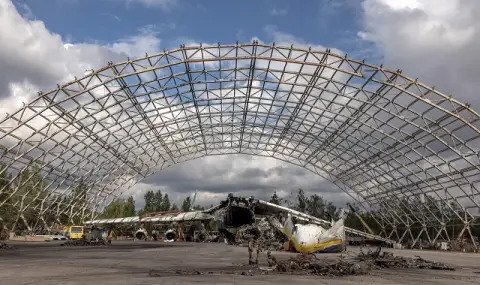A ceasefire in Ukraine would sharply increase the threat to the security of the Baltic states, as Russia moves forward with its plans to rearm and redeploy troops to NATO's northeastern flank, the Financial Times writes, citing statements by defense ministers.
"We all understand that when the war in Ukraine is stopped, Russia will very quickly redeploy its forces," Estonian Defense Minister Hanno Pevkur told the publication. "This also means that the threat level will increase significantly and very quickly."
His Lithuanian counterpart, Dovile Šakaliene, made similar remarks during a visit to the UK earlier this week, the FT notes.
"Let's not have any illusions. Let's not fool ourselves that Russia will stop after Ukraine," said Šakaliene. "Russia will use this time after the ceasefire to strengthen its military capacity. They already have a huge, battlefield-trained army that will get even bigger."
The Trump administration is in talks with Russia and Ukraine, but a ceasefire is still seen as a distant prospect, the publication recalls.
Pevkur said that of the 600,000 Russian soldiers currently in Ukraine, 300,000 would likely be redeployed: "These people will not go back to different parts of Russia to pick corn or do something else, because the salary they get in the army is about five to 10 times more than what they could get in their hometown."
The Baltic states are particularly concerned about the large-scale military exercises "Zapad", which will be held this fall near their borders in Russia and Belarus. The exercises are held every four years and simulate conflict with NATO countries.
Both ministers also warned against the redeployment of NATO troops from their countries. Lithuania is currently defended by a German brigade, Latvia by a Canadian-led multinational force, and Estonia by a British brigade.
